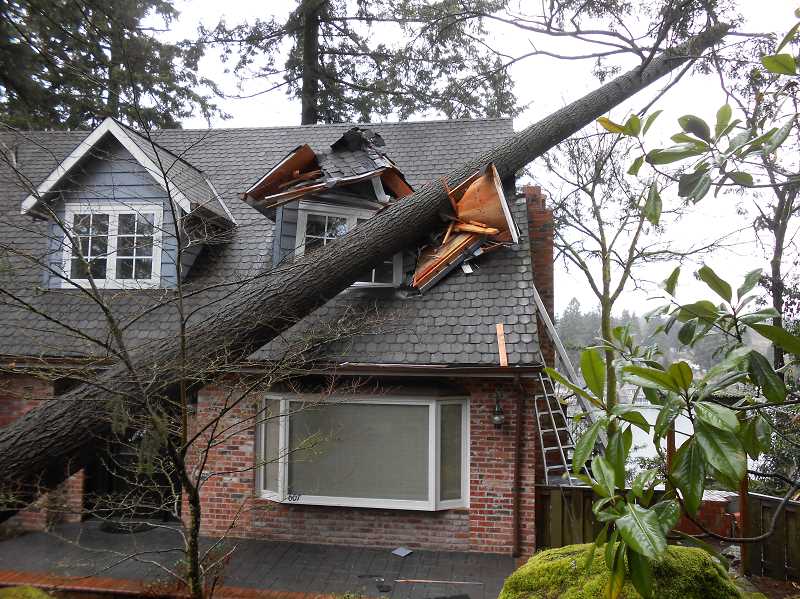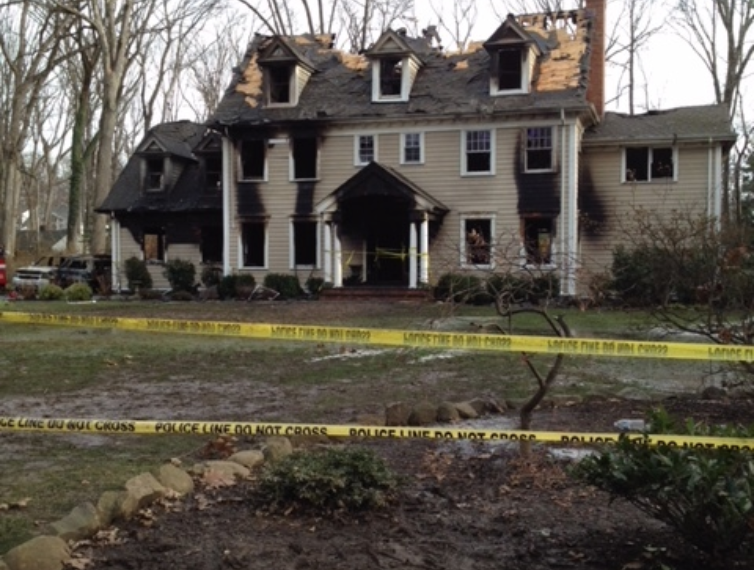Best Type of Insurance To Get
/When it comes to property insurance, there are many choices and the decision to settle on one plan and company is daunting. Is it best to choose a chain, a broker via the internet, or the cheapest option?
As licensed public adjusters, M. Miller & Son constantly deals with all kinds of insurance carriers, ranging from online brokers to large chains. What is best, according to Michael Miller of M. Miller & Son, is forming a relationship with a local, independent agent. This is a real person to whom a client can ask questions, who can give them advice, and who can come to see their home. An independent agent represents multiple carriers and can match clients with a carrier who supports their distinct needs.
Having a direct connection with an independent agent is superior to shopping specifically for price and settling on big name, large companies such as State Farm or All State. These companies, among other chains, are mainly selling price and offer watered-down service. They are less expensive than local agents but they don’t give clients the best bang for their buck because the insurance is ultimately inadequate if a major loss occurs.
Buying property insurance online is impersonal. The online insurance provider can’t truly evaluate the specific needs of the customer if they never met them or saw their property. M. Miller & Son has worked with clients who have had severely negative experiences dealing with their online insurance carrier. The deal seemed inexpensive and attractive when they first signed up online. Only once they had a loss did the client realize they were inadequately insured. This is a terrible position to be in, especially in a time of despair during the aftermath of a loss. To avoid this situation, having better, capable coverage is necessary. Go local and connect with an independent agent.














